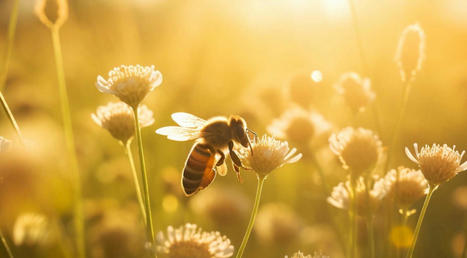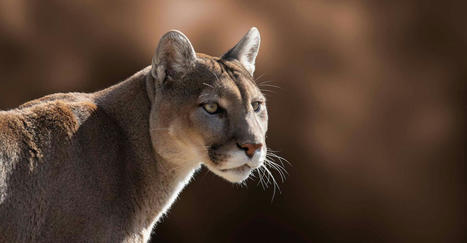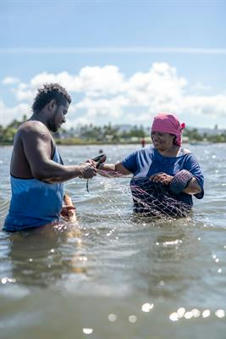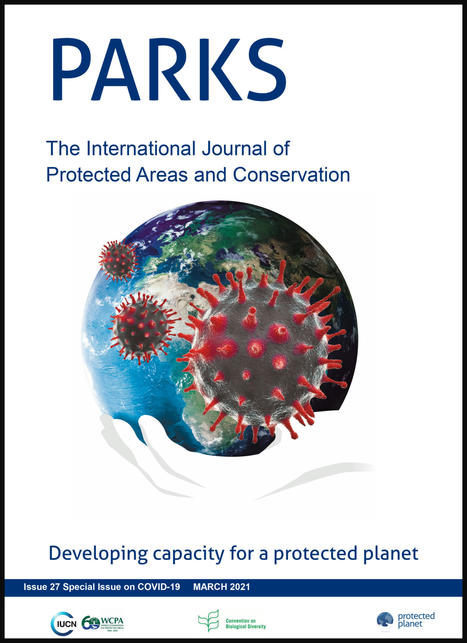Les activités humaines sont responsables du déclin de la biodiversité observé par les scientifiques depuis plusieurs décennies. Jusqu’ici, c’est essentiellement le changement d’affectation des sols qui nuit à la nature. Mais demain, les effets du réchauffement climatique pourraient prendre le pas.
Research and publish the best content.
Get Started for FREE
Sign up with Facebook Sign up with X
I don't have a Facebook or a X account
Already have an account: Login
Revue de presse et du net par le Pôle de partage des connaissances S&T de l'Office français de la biodiversité
Curated by
DocBiodiv
 Your new post is loading... Your new post is loading...
 Your new post is loading... Your new post is loading...

Agrodoc Ouest's curator insight,
April 29, 2021 3:24 AM
A machine-learning approach to human footprint index estimation with applications to sustainable development. Patrick W Keys, Elizabeth A Barnes and Neil H Carter. Published 12 April 2021 IOP Publishing Ltd Environmental Research Letters, Volume 16, Number 4 |
|

















Les scientifiques notent: "Compte tenu des effets négatifs potentiellement synergiques de l'utilisation des terres et du changement climatique sur la biodiversité, nos résultats suggèrent que les efforts de conservation et de restauration devraient être prioritaires à l'échelle mondiale en tant que solutions climatiques naturelles nécessaires. » DOI: 10.1126/science.adn3441